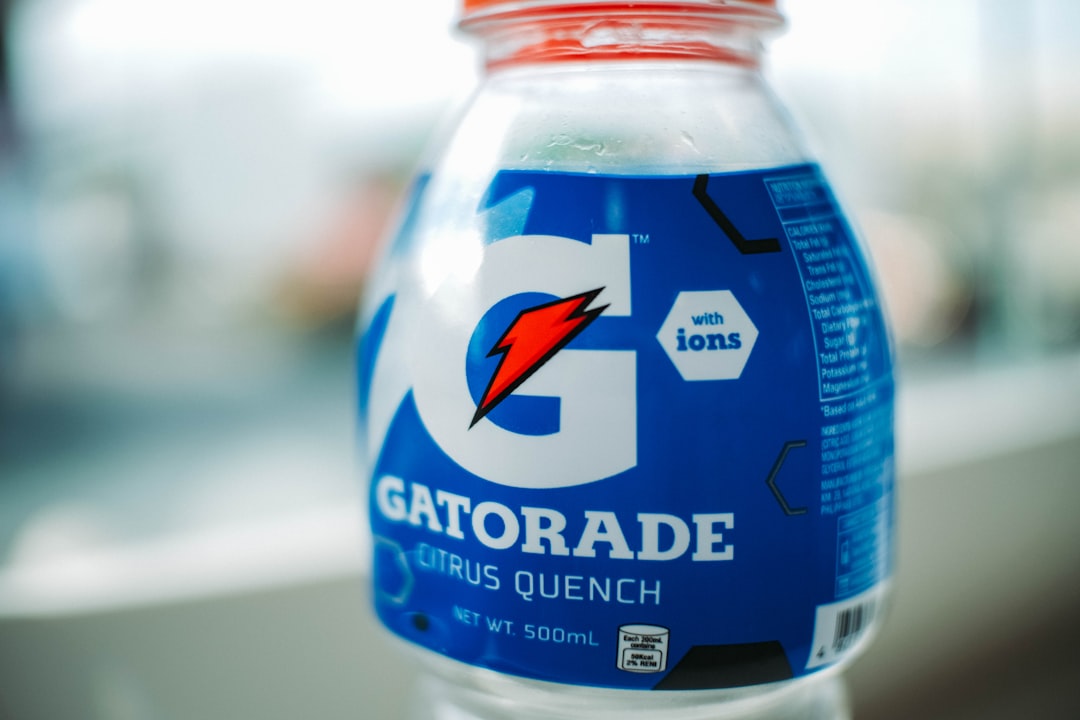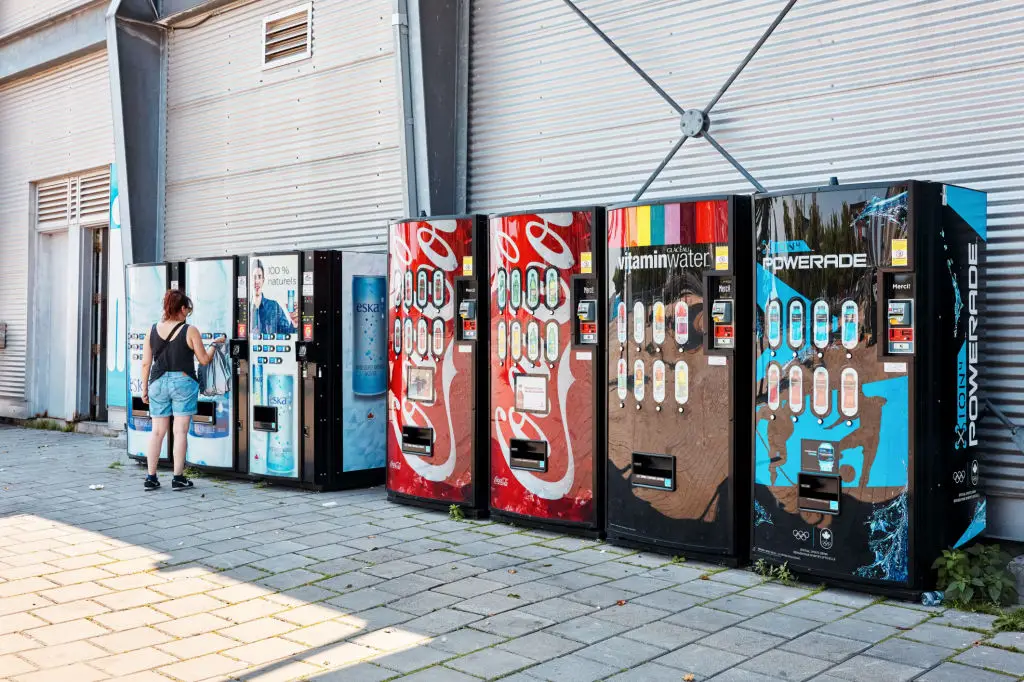Electrolyte Overload: 8 Common Sports Drinks Quietly Harming Your Kidneys
Many of us reach for a colorful sports drink after a walk, class, or gym session. These beverages promise fast hydration and a quick electrolyte top-up. For most healthy adults, occasional use during or after prolonged, sweaty exercise is fine. But there’s a different side to this story for people who drink them often, sip large volumes, or who have diabetes or kidney disease. Electrolyte overload happens when the body receives more sodium, potassium, phosphate or sugar than the kidneys can comfortably handle. That can increase kidney workload, disrupt blood pressure, and in some cases make existing kidney problems worse. Research on brand-by-brand kidney harm is limited. The Research Agent found gaps in authoritative, peer-reviewed data comparing exact electrolyte loads across products. So this article focuses on known mechanisms—high sodium, sugar spikes, excess potassium, phosphate additives, and concentrated solutions—and applies them to familiar drinks you’re likely to see on store shelves. The goal here is not to scare you away from hydration. It’s to help you read labels, make choices that match your activity level and health status, and know when to talk to your clinician. If you have chronic kidney disease, take blood-pressure meds, or manage diabetes, a quick conversation with your doctor can clarify which drinks are safe and which to avoid. Think of this piece as a practical map: what to watch for, why it matters, and how to stay hydrated without overburdening your kidneys.
1. Gatorade — sugar and sodium load

Gatorade is one of the most recognizable sports drinks, known for replacing fluid and electrolytes after exertion. It typically contains both sodium and sugar, ingredients that help athletes rehydrate quickly. For short, intense activity, that combination can be helpful. But when consumed regularly outside of heavy exercise, the sugar adds calories and can raise blood glucose, while extra sodium contributes to daily salt intake. Over time, higher sodium intake can increase blood pressure and make kidneys work harder to excrete the excess. Likewise, persistent high blood sugar levels can damage the tiny filtration structures in the kidneys. Practical takeaway: If you choose Gatorade, match the serving to your sweat loss and the duration of your activity. For light activity or daily sipping, water is usually sufficient. People with diabetes or known kidney problems should check with a clinician before using high-sugar, sodium-containing sports drinks routinely. Also, reading the Nutrition Facts panel and picking lower-sugar or lower-sodium options when available can help reduce daily strain on the kidneys.
2. Powerade — high-sugar electrolyte blends

Powerade is another mainstream option with a similar goal: replace what you lose during exercise. It often relies on a mix of sugars and electrolytes to speed fluid uptake. That same formula that helps a runner bounce back quickly can become unnecessary and potentially harmful if consumed by someone who is sedentary or who drinks it multiple times per day. Extra sugar contributes to spikes in blood glucose, which over the long term can stress kidney filtration. Extra sodium increases the kidney’s filtering load and can affect blood pressure. Think about context. After a long bike ride, a single bottle can be appropriate. But grabbing a bottle daily as a flavored beverage can add up in sodium and sugars. A reasonable swap for casual hydration is plain water, possibly with a pinch of salt and a slice of lemon, or a low-sugar electrolyte option used only when you’ve truly sweated enough to need it. If you have fluid-retention issues or kidney disease, ask your care team what’s safe for you to drink.
